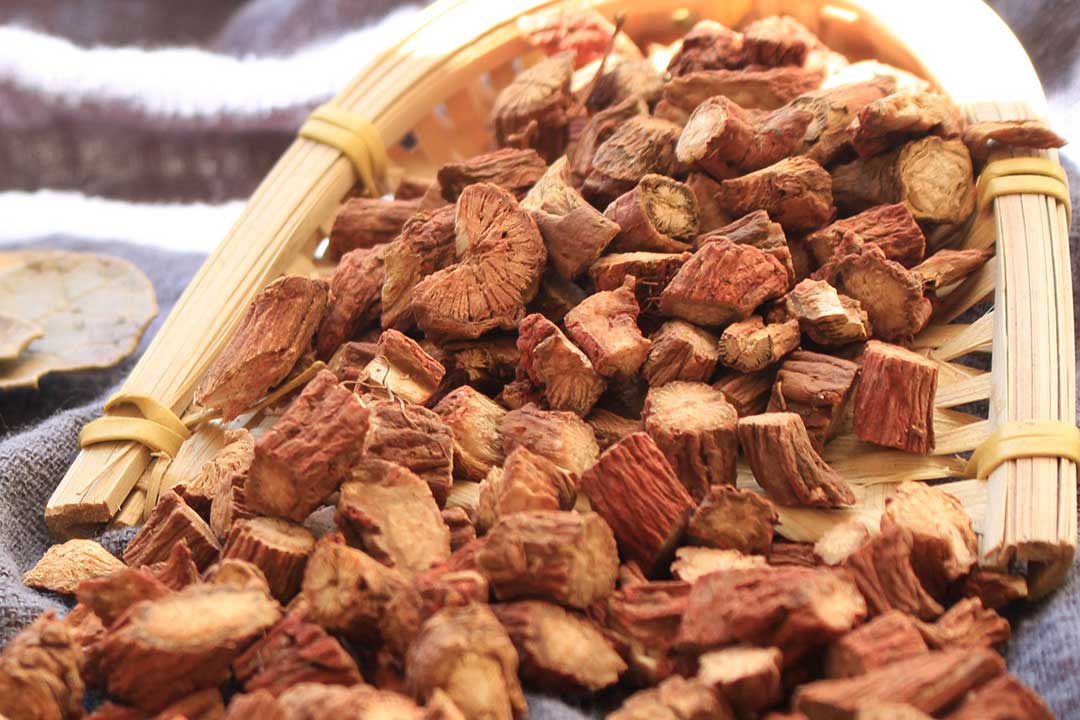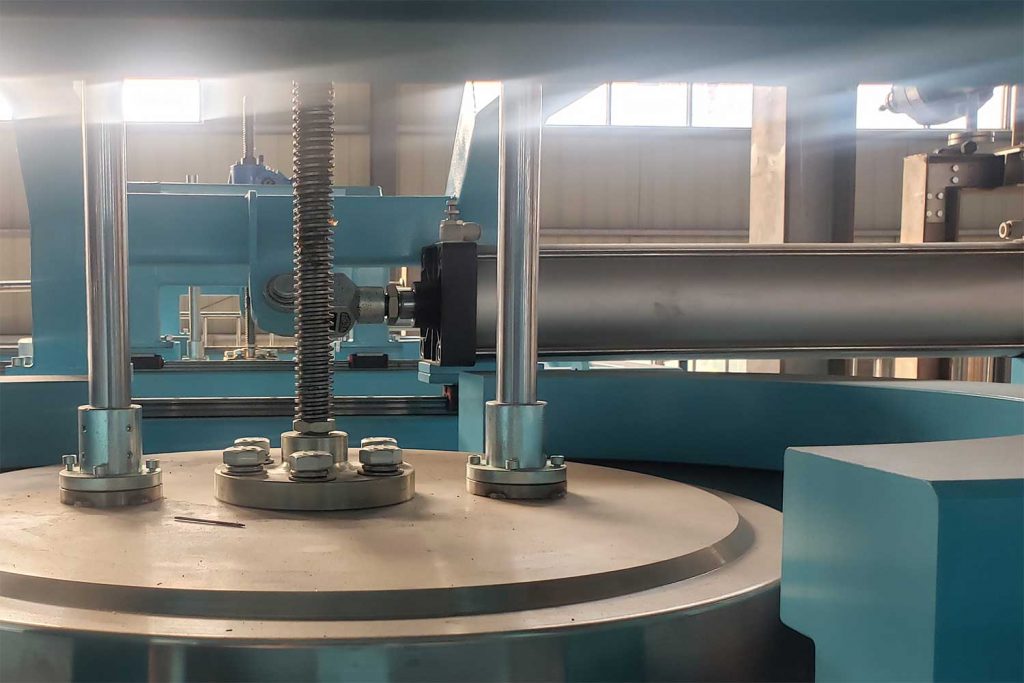The team of Bi Hongkai from the School of Basic Medicine of Nanjing Medical University successfully screened and obtained a new drug candidate against drug-resistant Helicobacter pylori – dihydrotanshinone I. The tanshinone monomer has the advantages of the efficient and rapid killing of Helicobacter pylori, anti-Helicobacter pylori biofilm, safety, and resistance to drug resistance, and is expected to enter preclinical research as a promising anti-Helicobacter pylori drug candidate. The results were published online in the international authoritative journal Antimicrobial Agents and Chemotherapy in December 2020.
These spiral-shaped bacteria with a length of only 2.5 to 4 microns and a width of only 0.5 to 1 micron under the microscope can not only cause acute and chronic gastritis and diseases such as gastric and duodenal ulcers and lymphoproliferative gastric lymphoma but also It is associated with gastric cancer and extraintestinal liver cancer, diabetes and other diseases. Unlike other bacteria, Helicobacter pylori “has a soft spot” for humans, and the human stomach is its only natural host.
The traditional treatment method in my country is triple and quadruple therapy with two antibiotics. However, traditional treatment methods cannot “eradicate the roots” of Helicobacter pylori.
“Long-term use of antibiotics will make bacteria resistant to antibiotics, making antibiotics less effective, and completely unable to achieve the effect of eradication.” Bi Hongkai explained, “The drug resistance of bacteria can also be transmitted to each other, and bacteria are resistant to certain antibiotics. At the same time, it will also be resistant to other antibiotics, and drug resistance can also be transmitted between different bacteria, bacteria in the normal flora of the human body and pathogenic bacteria, through drug resistance genes, making bacterial drug resistance more complex.” At the same time, Helicobacter pylori will form a “biofilm” in the reaction with antibiotics, which will have resistance to antibiotics, resulting in increased drug resistance, affecting the treatment effect and reducing the cure rate.
In 2017, Bi Hongkai’s team found a breakthrough – Salvia. Dihydrotanshinone I extracted from Salvia miltiorrhiza can effectively inhibit the resistance of Helicobacter pylori to antibiotics. “When dihydrotanshinone I kill Helicobacter pylori, it can not only destroy the biofilm but also kill the bacteria attached to the biofilm.”
Salvia miltiorrhiza is the most widely used traditional Chinese medicine for promoting blood circulation and removing blood stasis in my country. Its fat-soluble extract is tanshinone compounds, including more than 30 monomers such as tanshinone I, dihydrotanshinone, tanshinone IIA, and cryptotanshinone. Studies have shown that tanshinones have a variety of pharmacological effects, such as anti-cancer, anti-positive bacteria, anti-inflammatory, estrogen-like activity, and cardiovascular protection, but no report on the anti-Helicobacter pylori effect has been reported.
Bi Hongkai’s team screened more than 1,000 traditional Chinese medicine monomers at the cellular level and finally determined that dihydrotanshinone I monomer has the best effect on killing Helicobacter pylori, and the minimum inhibitory concentration range of standard and clinical drug-resistant strains of Helicobacter pylori is only 0.125-0.5 μg/ml. In addition, dihydrotanshinone I also have a good killing effect on Helicobacter pylori in the biofilm, and Helicobacter pylori did not develop resistance to dihydrotanshinone I during the continuous passage.
“At the same time, the modern extraction method of traditional Chinese medicine is used to extract useful monomers in traditional Chinese medicine, filter out the components that are not conducive to the body, and avoid the side effects that tanshinone compounds are prone to produce.” Bi Hongkai said that at present, this technology has been invented by the state Patent authorization, while applying for a PCT patent.
Bi Hongkai said that Salvia miltiorrhiza cannot be directly used to prevent and treat Helicobacter pylori infection, and its monomer dihydrotanshinone 1 still has a long way to go before it can be used as a clinical drug. In the next step, they will continue to carry out research on the mechanism of action of dihydrotanshinone I, and improve the research work on the anti-Helicobacter pylori pharmacology and toxicology of dihydrotanshinone I.


